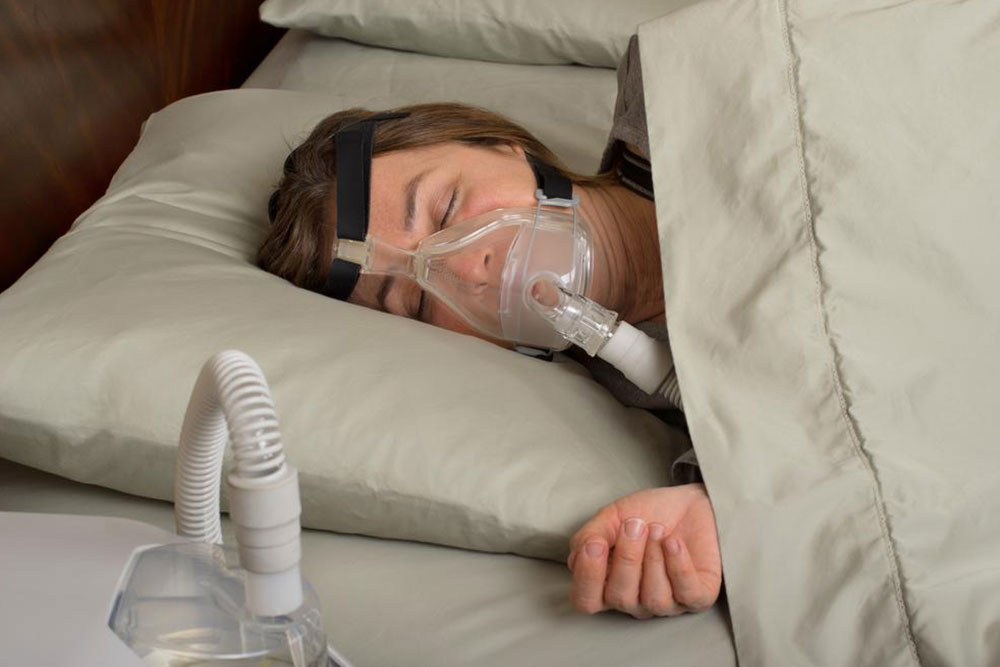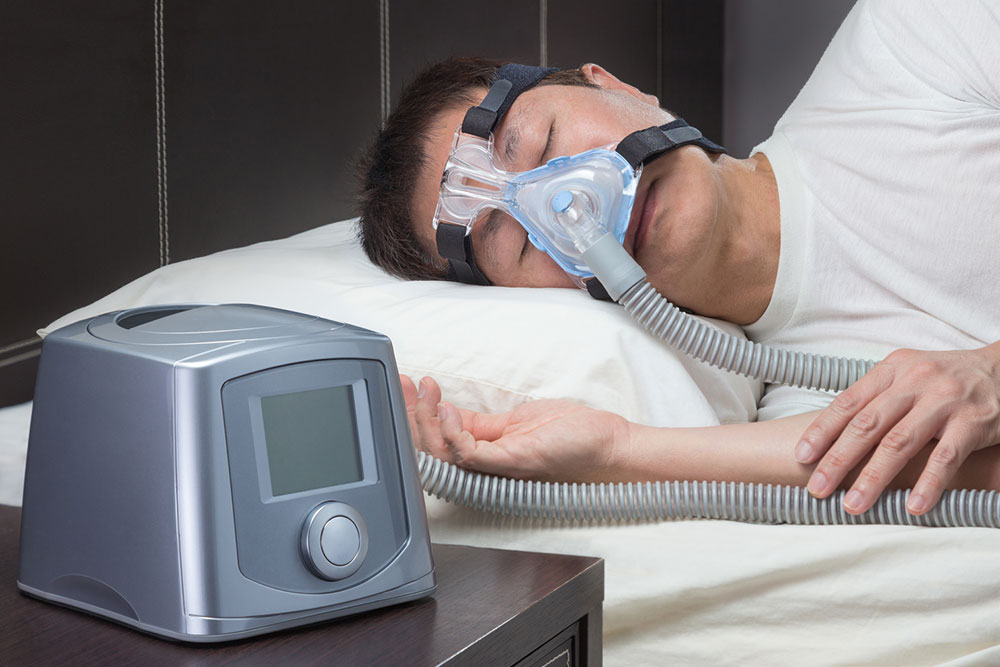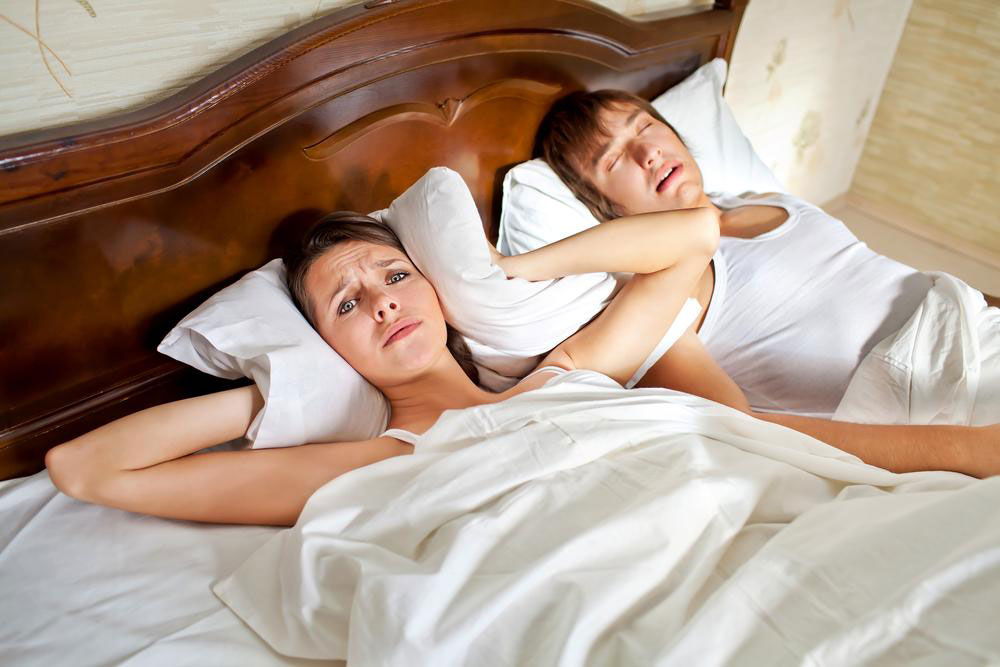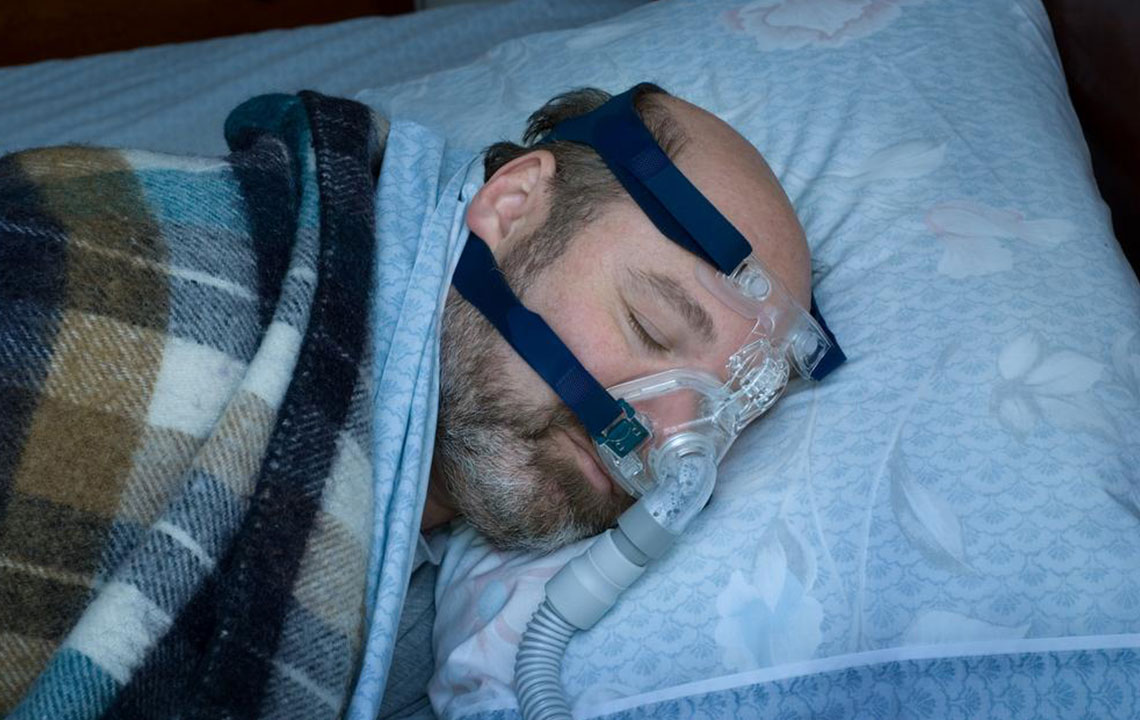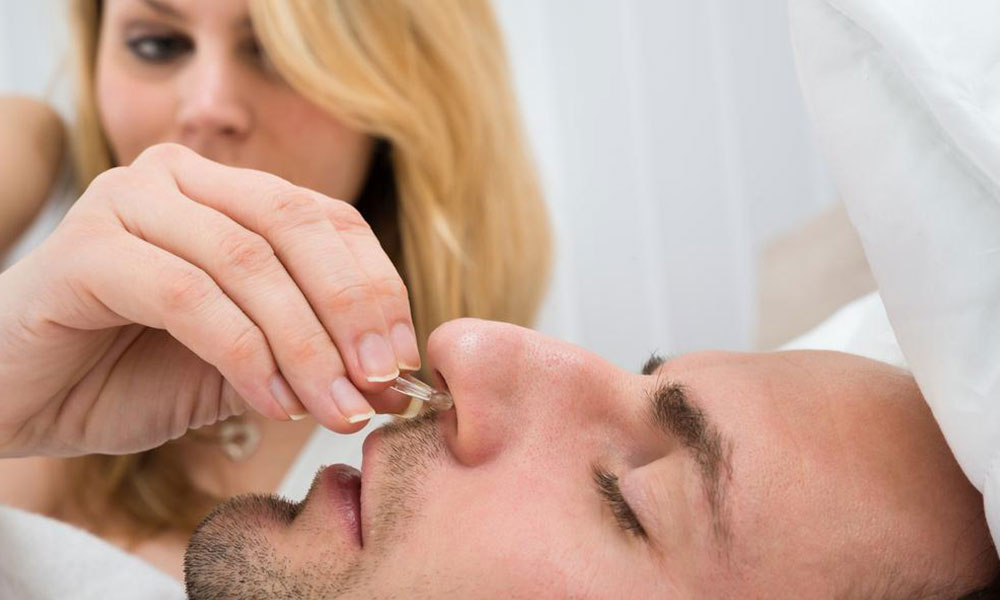What you Need to Know About Sleep Apnea Mouth Guard
Obstructive sleep apnea better known as snoring, is a potentially fatal disorder. It restraints breathing of the individual during sleep. People use Oral Appliances like mouth guards to control, or stop obstructive sleep apnea. This helps them sleep better and reduce various health risks associated with it.
Risks of untreated or undertreated sleep apnea include heart attack, stroke, deadly heart rhythms, mood and memory disorder. So, it is important to take this seemingly harmless habit seriously and treat it before the condition worsens.
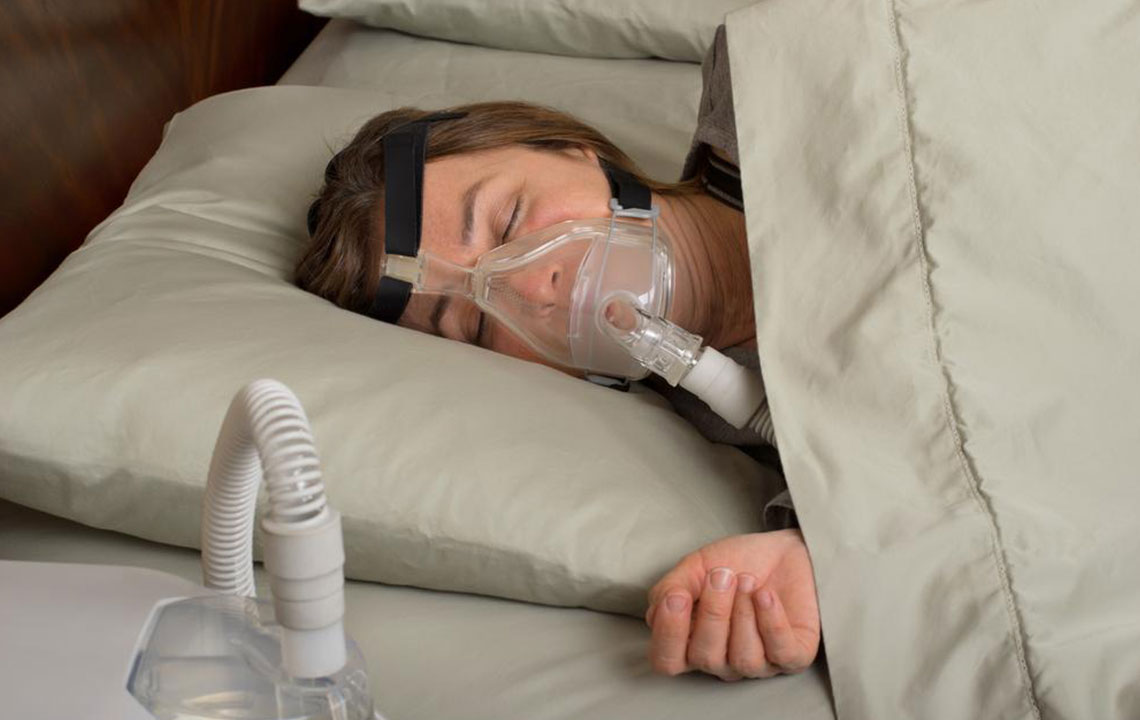
Use Of Oral Appliances/Mouth Devices
Oral appliances or mouth devices are an alternative to Continuous Positive Airway Pressure therapy(CPAP) or oral surgery for sleep apnea. Overweight individuals use it along with weight loss therapies. These mouth guards work by reducing the turbulence in airflow and inhibit snoring.
These sleep apnea mouth guards or mouth pieces are most effective when the disorder is mild or moderate. These dental devices are adopted in the early stages of sleep apnea. A sleep study to diagnose the severity is recommended by the physician, before use. Another sleep study to understand the effectiveness of the appliance may also be recommended.
Features Of Mouth Devices Or Dental Appliances
- Sleep apnea mouth guards are custom-made by dentists and laboratories to best suit your condition. The design is aimed at enhanced comfort and increased patient compliance.
- Sleep apnea oral devices or appliances reduce snoring, by increasing the air passageway between the jaws. The device pushes the lower jaw forward, over the upper jaw, to make the correction.
- Most sleep apnea mouth guards come with an adjustable feature. Allowing patients to make small increments for the increased airway. So they can personalize it to suit their comfort.
Most common sleep apnea mouth guard features are:
- Adjustable position provided with a telescopic hinge.
- Free and full range of motion, allowing the patient to comfortably talk and drink.
Things To Consider Before Use
- Look for ‘FDA and Medicare approved’ for the treatment of sleep apnea. These appliances have a reduced risk of choking hazards.
- Mouthguards are meant for adult usage, so make sure you are of the right age.
- In case you have been wearing braces or have undergone orthodontic treatment, be careful as there is a higher likelihood of tooth movement, while using a mouth guard.
- If you are having an untreated or ongoing dental problems like periodontal diseases, or broken teeth or restorations, sleep apnea mouth guards but be avoided, as they might worsen your dental problems.
- For individuals suffering from the temporomandibular joint disorder, it is advisable to consult a physician before using it.
- Once you have adopted an oral appliance, do not ignore it. Follow up with a physician to assess your condition.
- Arranging for a sleep apnea oral appliance device is quite easy and would only need you to get in touch with a dentist,or primary care provider.
Types Of Dental Devices Or Oral Appliances
Sleep Apnea oral appliances must be fitted only by a dentist or orthodontist, and you must wear them during bedtime.
There are two types:
- Mandibular advancement device (MAD)
This type is the most common type of device for sleep apnea. This mouth guard clamps onto the jaws, or dental arches. The metal hinges push the lower jaws forward and increases airway passage.
Few models like the Thornton Adjustable Positioner (TAP), lets the user adjust the level of advancement.
- Tongue retaining device
This device too works on reducing the airway disturbance. But, does it by holding the tongue in place using splints. This device is less popular than the Mandibular advancement device(MAD) device
After Treatment
Once you have got yourself fitted with the dental device, make sure you follow up to verify the device’s effectiveness. Also, go for periodic check-ups for adjustment and replacement, if required.
Advantages OF Dental Devices
- Very suitable and effective for people with milk condition of sleep apnea. Especially for those who sleep on their back or stomach. These oral devices or appliances improve sleep quality and also slow down and reduce snoring.
- Easier and more comfortable to use than Continuous Positive Airway Pressure therapy(CPAP).
- Dental mouth guards effect lasts longer than surgical treatments like uvulopalatopharyngoplasty (UPPP).
However, sleep apnea mouth guards do come with a few drawbacks. These include alteration in the movement of teeth, bite and also arthritis of the Temporomandibular joint. Other milder drawbacks are excessive salivation and dry lips.
The most suitable treatment for obstructive sleep apnea depends on various factors. Severity, anatomy, present or past medical conditions and treatments. Consult your doctor and also convey your preference, so that both you and your doctor, can to find out the best treatment for you. Oral appliances like sleep apnea mouth guards can be an effective option for relief and long term comfort.
